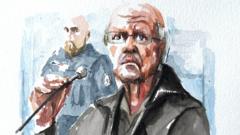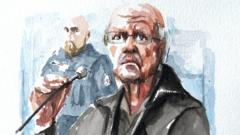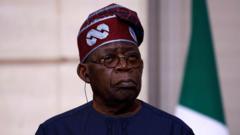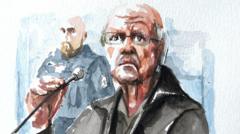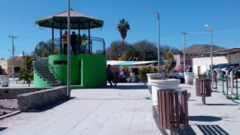Pope Francis, the first Latin American and Jesuit pope, is remembered for his advocacy for migrants, inclusivity, and efforts for peace across the globe. His legacy prompts reflection on his contributions to the Catholic Church and society.
Reflecting on the Legacy of Pope Francis: A Visionary Leader

Reflecting on the Legacy of Pope Francis: A Visionary Leader
The nearly nine-decade life of Pope Francis, a champion for the marginalized and the environment, draws recognition from various perspectives following his passing.
Pope Francis, known initially as Jorge Mario Bergoglio, has left an indelible mark on the global stage following his life that spanned nearly 88 years and multiple continents. Upon his election in 2013, he famously remarked that he was chosen from "almost the ends of the Earth," emphasizing his unique position as the first Latin American and Jesuit leader of the Roman Catholic Church.
Francis was a tireless advocate for marginalized communities, emphasizing the importance of supporting migrants and emphasizing environmental stewardship. Throughout his papacy, he championed inclusivity, opening the doors of the Church to survivors of clergy abuse, L.G.B.T.Q. Catholics, and forging dialogues with Muslim and Orthodox leaders. His commitment extended to those from developing nations, as he believed their voices and futures were vital to the Church's mission.
Amid global conflicts, he sought to mediate peace, voicing concerns over the ongoing war in Ukraine and what he described as a world war being fought in segments. His papacy was marked by a hopeful, forward-thinking approach, urging adherents and leaders alike to engage in acts of compassion and understanding.
Pope Francis passed away on Monday at the age of 88, leaving behind a legacy defined by progressive views and a spiritual mission focused on love, acceptance, and peace. The responses to his life and work will be varied, reflecting the multifaceted impact he had throughout his years of leadership.




